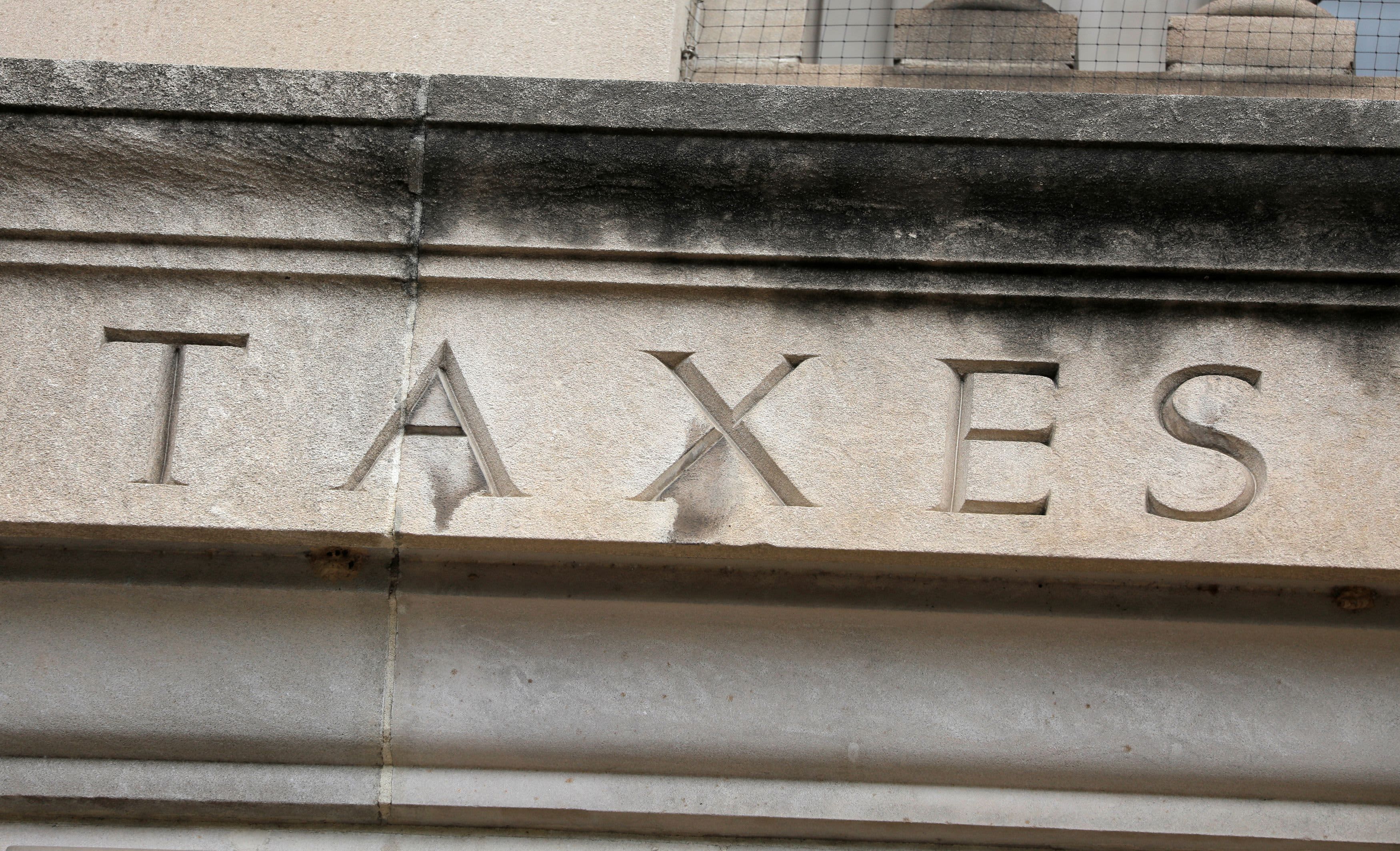Many in Congress want to fix the country’s crumbling roads, bridges and other infrastructure projects.
Lawmakers still haven’t agreed on how to pay for it.
President Joe Biden has called for tax increases on the wealthy, including hikes on income and capital gains, along with estate tax reforms, and increased IRS enforcement.
Other policymakers have floated alternatives to Biden’s tax plans, such as boosting gas levies, which the White House has already opposed.
But there’s another funding option that has been absent from negotiations: a value-added tax, or VAT, which is a duty on goods and services at each step along the supply chain.
“The U.S. is the only major country that does not have a value-added tax,” said William Gale, co-director at Urban-Brookings Tax Policy Center.
More from Personal Finance:
Many wealthy Americans escape big income tax bills. Here’s how they do it
Advisors look to lessen toll of Biden’s retroactive capital gains tax hike
How Biden’s tax plan may spark more charitable giving
How VAT works
VATs are similar to retail sales taxes, except there’s a levy at each step of the production process, rather than one tax at the end.
For example, let’s say a farmer grows $100 of wheat and sells it to a baker. If there’s a 20% VAT on the sale, the baker pays $120, and the farmer remits $20 to the government. When the baker sells $5 loaves of bread, they tack on an extra $1 per loaf for VAT.
As the baker files their tax return, they will remit the $1 VAT payments on bread and claim a $20 credit for the VAT they paid to the farmer. However, there is no credit for the VAT paid by the consumer.
The VAT system creates a “self-reporting mechanism” where each company documents the activity of another, leading to higher levels of compliance, said Wojciech Kopczuk, an economics professor at Columbia University.
A ‘workhorse’ for other tax systems
Another reason why VATs work so well is the relative stability of the tax base, said Daniel Bunn, vice president for global projects at the Tax Foundation.
“The government is not going to see huge swings in tax revenue from year to year,” he said.
The pandemic, of course, may have been the exception.
“But even in a pandemic, your consumption tax revenue doesn’t swing as widely as income,” Bunn said.
VATs are the third-largest revenue producer for other Organisation for Economic Co-operation and Development countries, behind personal income taxes and levies for social security-type programs, according to a Brookings Institution and Urban-Brookings Tax Policy Center report.
“It’s been a workhorse of the European tax systems,” said Gale.
VATs have also been effective in developing countries because these levies are easier to administer and enforce than income taxes, he added.
There are unique challenges that come along with implementing VATs, however.
Many countries exclude certain products or services from VAT, such as necessities like food or medicine, said Kopczuk. There may be inconsistencies among excluded products, creating a burden for some businesses.
Moreover, there are cases of tax evasion, particularly for cross-border purchases when someone receives a tax credit for VAT paid outside their home country.
There are also instances of companies creating phony invoices to claim VAT credits for purchases along the supply chain that never happened, he said.
“For example, in China, it’s a big problem,” Kopczuk said.
Despite these issues, VATs collect a lot of revenue and seems to be working pretty well, he said.
Why there’s no value-added tax in the U.S.
Although VATs have been lucrative elsewhere, the levy faces political hurdles in the United States, said Bunn.
Some Democrats see the VAT as regressive because it hits families regardless of income, whereas Republicans may fight a broad-based tax increase, he said. Plus, it may also be a tough sell to lawmakers in states without a sales tax, Bunn added.
The logistics of a VAT may also elicit pushback from the business community, Kopczuk said.
